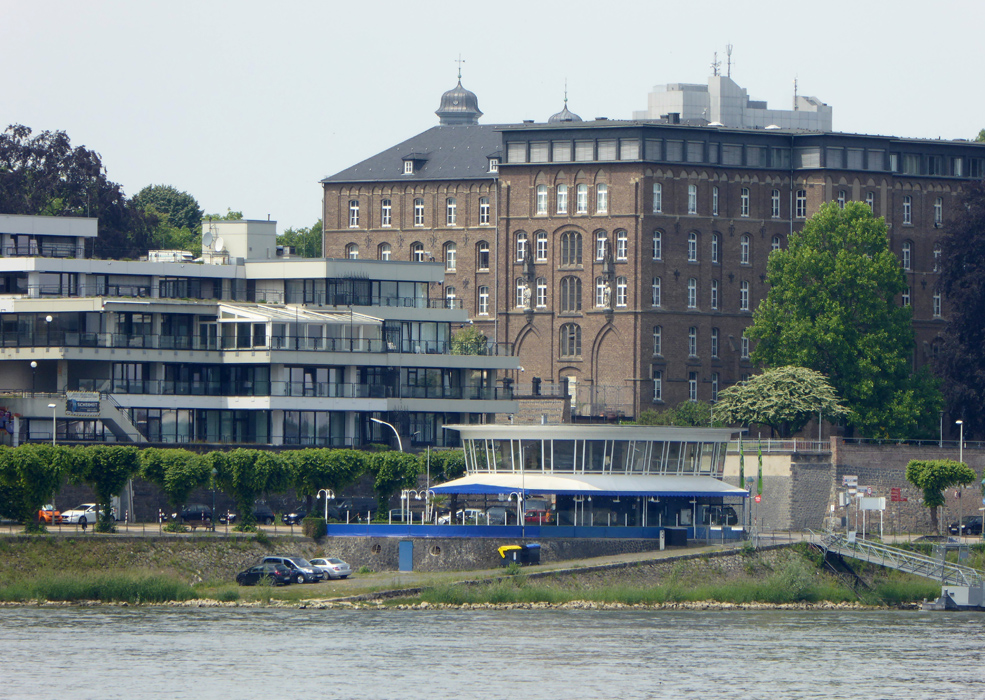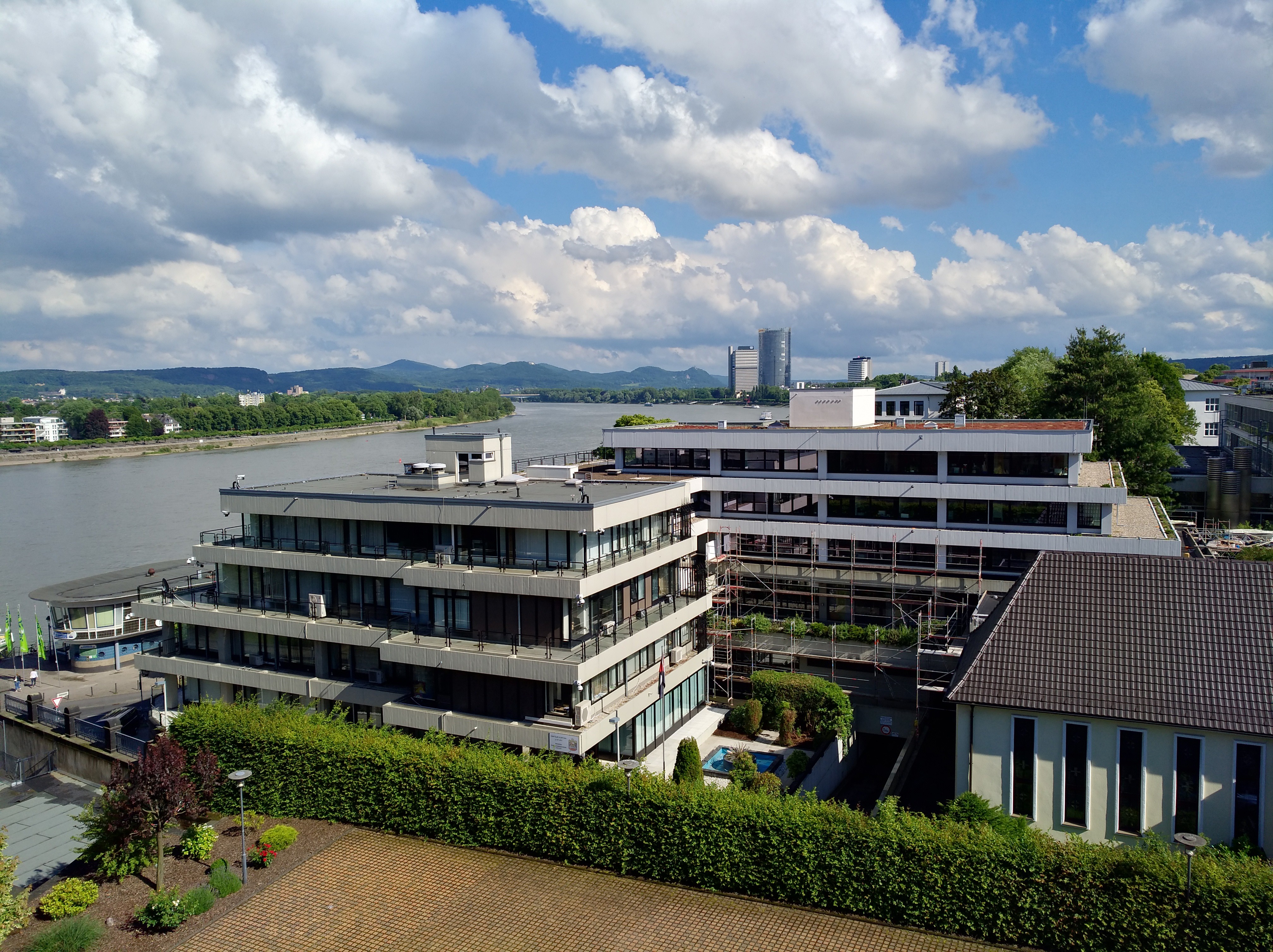Mission and Organisation
Organisation
The Kommission für Zeitgeschichte is an association of leading personalities from academia and church and public life. It consists of a supporting association (Trägerverein) and a scholarly commission (Wissenschaftliche Kommission), as well as an office and research center. The seat of the Commission is Bonn.
Research and Publications Activities
Since its foundation in 1962, the Kommission für Zeitgeschichte has supported research on the political and social history of German Catholicism in the 20th and 21st centuries, along with its 19th-century roots. In the beginning, the church struggle (Kirchenkampf) under Nazism held priority. Since the end of the 1980s, emphasis has shifted to the history of the Federal Republic and the former GDR, whereby the transnational context of German Catholic history has come increasingly into focus. This comprehensive research into the political and social effects of German Catholicism gives special consideration to the experiences of living witnesses. Currently, the members of the Kommission für Zeitgeschichte focus on the 1970s and 1980s.
The Kommission für Zeitgeschichte operates a Research Center in Bonn, which includes a reference library and an archive on the history of Catholicism in Germany. The Kommission conceives and organizes team-oriented research projects, particularly ones that exploit unpublished sources on the history of German Catholicism. A key publishing project is a series of critical editions on the files of German bishops (Edition Akten der deutschen Bischöfe). This nearly completed project will be continued with a digital edition of important sources of ecclesiastical development since the 1960s. The Research Center also cooperates with individual researchers working on dissertations, post-doctoral teaching theses (Habilitation), or other research projects. These projects thematically and methodically explore questions of political, institutional, church, social, or cultural history. The results are published in the „Blue Series“ Veröffentlichungen der Kommission für Zeitgeschichte; Series A consists of published original Sources, Series B of Research and „Topics of Clerical History“.
In addition, the Kommission für Zeitgeschichte publishes collections of sources, conference volumes, thematic anthologies, and overviews aimed at a broader readership.
Establishment of the Commission for Contemporary History
In the 1960s, the study of contemporary history in the Federal Republic of Germany meant first and foremost research on National Socialism and its pre-history. The desire to conduct exemplary research on the church struggle under Nazism, the Kirchenkampf, also provided the impetus for establishing the Kommission für Zeitgeschichte. An initiative by several historians (Dieter Albrecht, Rudolf Morsey, Konrad Repgen) met with interest on the part of leading personalities from the church and public spheres (Prelate Karl Forster, Heinrich Krone, Johannes Schauff) and in 1962 led to the permanent coordination of several previously independent institutes, under the academic direction of the Bonn historian Konrad Repgen. In 1963, the Commission’s offices and Research Center were initially established in Munich. Since 1972, the Commission’s permanent seat is in Bonn.
Literatur
Damberg, Wilhelm / Hummel, Karl-Joseph (Hrsg.):Katholizismus in Deutschland. Zeitgeschichte und Gegenwart (Veröffentlichungen der Kommission für Zeitgeschichte, Reihe B: Forschungen, Bd. 130), Paderborn [u. a.] 2015.
Morsey, Rudolf: Gründung und Gründer der Kommission für Zeitgeschichte 1960–1962, in: Historisches Jahrbuch 115 (1995), S. 453–485.
Ruff, Marc Edward: The battle for the Catholic past in Germany, 1945–1980, Cambridge 2017.
Buchstab, Günter: „Repgen, Konrad“, in: NDB-online, URL: https://www.deutsche-biographie.de/dboR2999.html#dbocontent (Stand: 9.10.2023)


